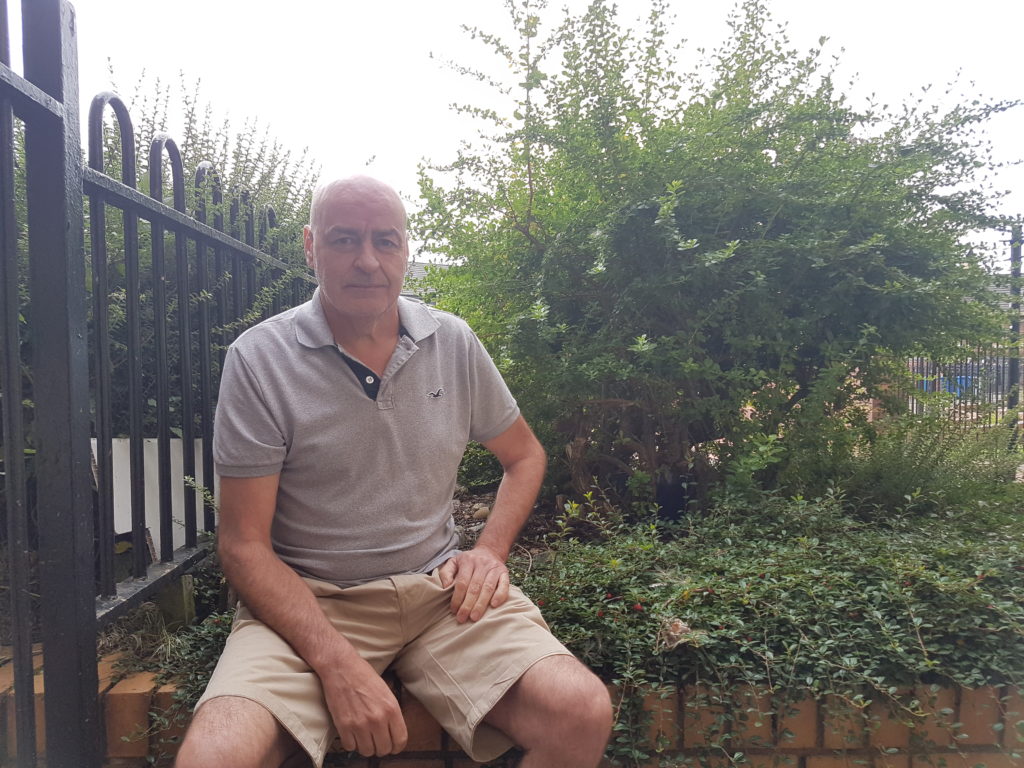Fighting eviction after the death of a partner
Since our last Home newsletter update in March, we helped a man called Peter from Glasgow. He faced eviction after his partner died from coronavirus (COVID-19). The couple had lived together in her property for the past three years, but the landlord said they had no record of this and they wanted him gone. The prospect of having to move into a hostel terrified him.
Peter was worried sick when he called our helpline. He’d just lost his partner and the housing association who let her flat said he couldn’t stay on. He said it felt like ‘a kick in the teeth’:
‘My partner was taken to hospital in an ambulance and I thought she’d come back. I wasn’t able to say my goodbyes. I had no time to grieve and now they want to take my home from me. It’s torn the heart right out of me.’
Peter
Peter’s partner had reassured him that the landlord knew he was living with her, but he wasn’t on the tenancy. Despite the ongoing risk from coronavirus – and a mountain of paperwork showing Peter had received mail at the address for the past three years – he was still asked to leave.

A temporary reprieve
With our help, Peter appealed the housing association’s decision. The appeal was rejected – but we were able to negotiate the offer of a smaller flat with the same housing association, so he could avoid becoming homeless and stay on in his community. Unfortunately, he still had to uproot and move while grieving his partner, but we’re pleased to say that Peter is now settled in his new home and describes it as ‘absolutely beautiful’.
‘This story exposes the brutal reality of our housing emergency. The shortage of social homes leads to tough policies, like the rules on succession of tenancies.’
Alison Watson, Director of Shelter Scotland
Grief-stricken people should not be plunged into homelessness or moved into unsuitable temporary accommodation, especially at this time of heightened risk. However, crisis situations like this are not uncommon. That’s why services such as our helpline are so essential. And in the most urgent cases, we aim to provide tangible help within 24 – 48 hours of people getting in touch to prevent long-lasting damage before it has chance to take effect.
